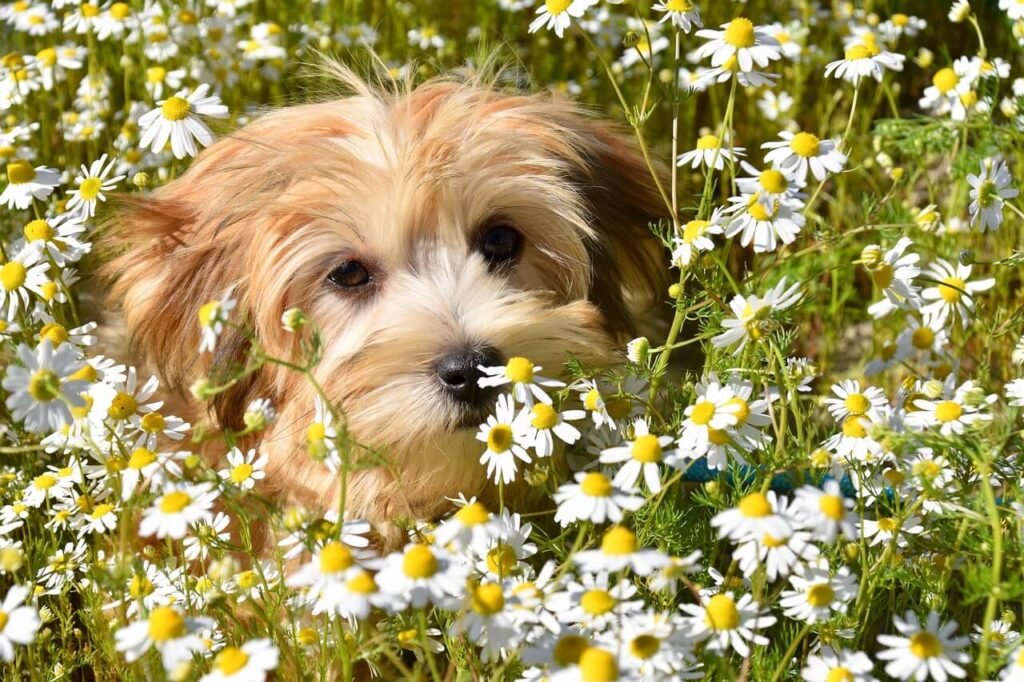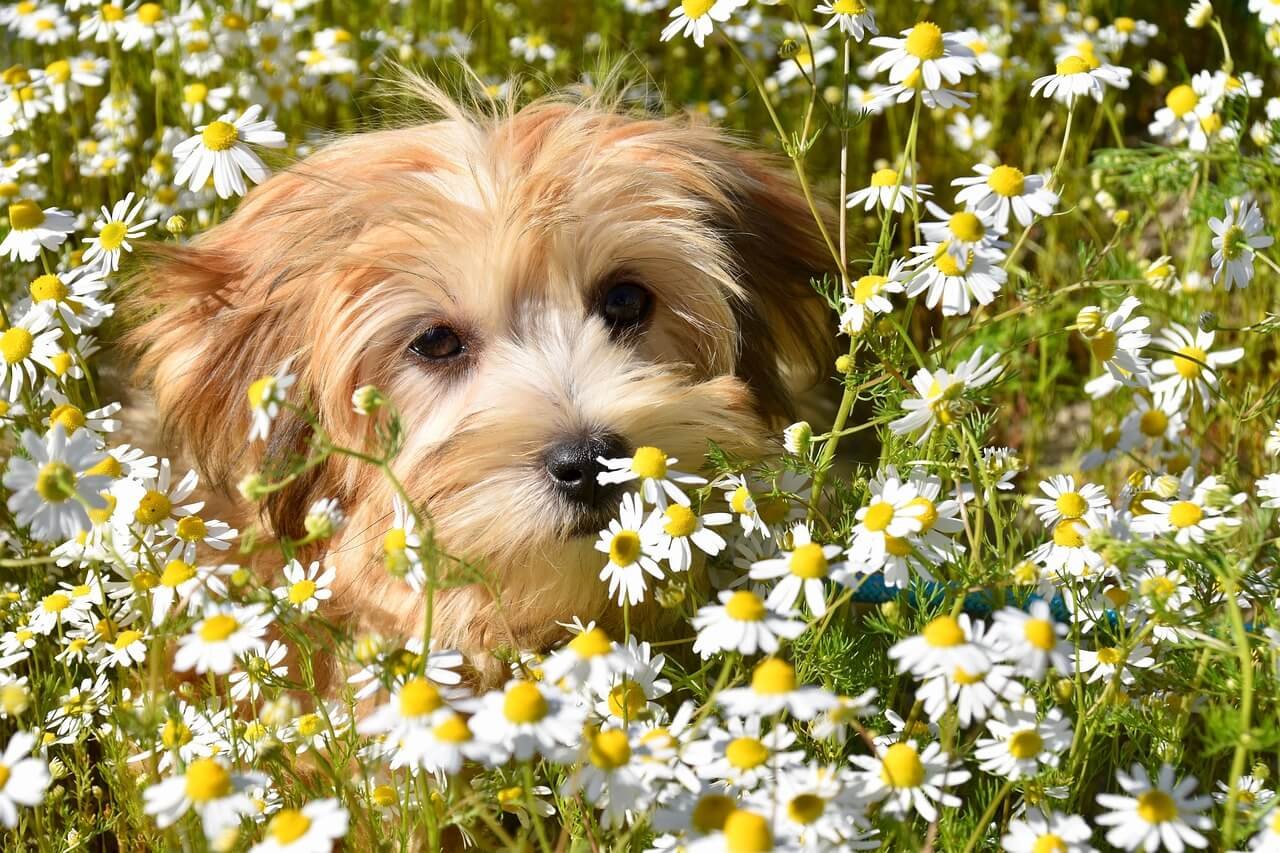Can Dog Poop Be Used as Fertilizer? Exploring the Pros and Cons
Dog poop is something every pet owner deals with regularly, but have you ever wondered if it could be more than just waste? Many gardeners and eco-conscious individuals are curious about whether dog poop can be used as fertilizer. After all, animal manure has been a staple in agriculture for centuries, so why not dog waste? However, there are important considerations to keep in mind before tossing your pup’s poop into the compost pile or garden bed. In this blog post, we’ll explore the science behind using dog poop as fertilizer, its potential benefits, risks, and alternatives. By the end, you’ll have a clear understanding of whether this practice is right for you and your garden.
Why Dog Poop Isn’t Like Other Animal Manure
While cow, horse, and chicken manure are commonly used as fertilizers, dog poop behaves differently due to its composition and potential health risks. Here’s why dog waste isn’t as straightforward to use:
High Pathogen Content:
Dog poop often contains harmful bacteria like E. coli and Salmonella, which can contaminate soil and plants.Different Nutrient Profile:
Unlike herbivore manure, dog poop has a higher concentration of nitrogen and phosphorus, which can harm plants if not properly balanced.Weed Seeds and Parasites:
Dog waste may carry weed seeds or parasites like roundworms, posing risks to both humans and plants.Slow Decomposition Rate:
Dog poop breaks down more slowly than other types of manure, making it less practical for quick composting.Odor and Aesthetics:
The strong smell of dog poop can make it unpleasant to handle or use in gardens.
Understanding these differences is crucial for deciding whether dog poop can safely be incorporated into your gardening practices.
Potential Benefits of Using Dog Poop in Composting
Despite the challenges, some people successfully use dog poop in their compost systems under specific conditions. Here are the potential benefits:
Reduces Waste:
Composting dog poop helps reduce landfill contributions and promotes sustainability.Improves Soil Structure:
When properly processed, composted dog waste can enhance soil texture and water retention.Nutrient-Rich Material:
Once broken down, dog poop adds essential nutrients like nitrogen and phosphorus to the soil.Eco-Friendly Option:
Transforming waste into a usable product aligns with environmentally friendly practices.Cost-Effective Solution:
Using dog poop as fertilizer eliminates the need to purchase commercial fertilizers.
While these benefits are appealing, they come with strict guidelines to ensure safety and effectiveness.
Check this guide 👉How Often Should a Dog Poop? Best 7 Expert Tips!
Check this guide 👉What Happens If Your Dog Ate Fertilizer? Best 7 Tips!
Check this guide 👉Dog Poop Encased in Membrane: Best 7 Expert Tips!

Pros of Using Dog Poop | Cons of Using Dog Poop |
|---|---|
Reduces household waste | Contains harmful pathogens |
Adds nutrients to soil | Can harm plants if not balanced |
Eco-friendly alternative | Slow decomposition process |
Cost-effective solution | Unpleasant odor during handling |
Promotes sustainable practices | Risk of spreading parasites |
How to Safely Compost Dog Poop (If You Choose To)
If you’re determined to compost dog poop, it’s essential to follow specific steps to minimize risks and maximize benefits. Here’s how to do it safely:
Use a Separate Compost Bin:
Keep dog poop compost separate from regular compost to avoid contaminating edible crops.Choose the Right Location:
Place the compost bin away from vegetable gardens, water sources, and high-traffic areas.Add Carbon-Rich Materials:
Mix dog poop with sawdust, straw, or dried leaves to balance the nitrogen content.Maintain Proper Temperature:
Ensure the compost pile reaches temperatures above 140°F (60°C) to kill pathogens.Allow Extended Curing Time:
Let the compost cure for at least 1-2 years before using it on non-edible plants.
By following these guidelines, you can mitigate risks and create a safer product for non-food plants.
Alternatives to Using Dog Poop as Fertilizer
If you’re hesitant about using dog poop directly, there are plenty of eco-friendly alternatives that are safer and easier to manage.
Vermicomposting:
Use worms to break down kitchen scraps and other organic waste instead of dog poop.Commercial Organic Fertilizers:
Purchase certified organic fertilizers made from safe, natural ingredients.Composting Herbivore Manure:
Consider using rabbit, goat, or horse manure, which is safer for gardens and plants.Grass Clippings and Leaves:
These materials decompose quickly and enrich soil without the risks associated with dog waste.Dog Waste Disposal Systems:
Invest in specialized dog waste digesters that break down poop underground without harming the environment.
These alternatives provide effective ways to nourish your garden while avoiding the complications of dog poop.
Signs Your Compost Pile Isn’t Working Properly
If you decide to compost dog poop, it’s crucial to monitor your compost pile for signs of trouble. A poorly managed pile can lead to unpleasant odors, pests, or even contamination. Here are some red flags to watch for:
Strong Odor:
A foul smell indicates that the compost isn’t breaking down properly, often due to insufficient carbon materials.Pests and Insects:
Flies, maggots, or rodents around the pile suggest improper containment or lack of coverage.No Heat Generation:
If the pile doesn’t heat up, pathogens may not be killed, making it unsafe for use.Excessive Moisture:
A soggy pile indicates poor drainage or too much nitrogen-rich material like dog poop.Incomplete Breakdown:
Large chunks of waste remaining after months suggest inadequate mixing or aeration.
Addressing these issues promptly will help ensure your compost pile functions effectively and safely.
Tips for Maintaining a Healthy Garden Without Dog Poop
If you decide against using dog poop as fertilizer, there are plenty of ways to maintain a thriving garden while staying eco-friendly. Here are some tips to keep your plants healthy and vibrant:
Use Natural Mulch:
Apply wood chips, straw, or grass clippings to retain soil moisture and suppress weeds.Rotate Crops Regularly:
Crop rotation prevents nutrient depletion and reduces the risk of pests and diseases.Plant Cover Crops:
Legumes like clover or vetch enrich the soil with nitrogen naturally.Water Wisely:
Use drip irrigation or water during cooler parts of the day to conserve water and prevent evaporation.Encourage Beneficial Insects:
Attract pollinators and pest controllers like bees and ladybugs by planting diverse flowers.
These practices will help you create a sustainable garden without relying on dog poop as fertilizer.
Creative Ways to Repurpose Dog Waste Beyond Composting
If composting dog poop doesn’t appeal to you, there are other innovative ways to repurpose this waste responsibly. These methods focus on sustainability and reducing environmental impact.
Dog Waste Brick Makers:
Specialized devices compress dog poop into briquettes that can be burned as fuel for heating or cooking.Biodegradable Bags for Landfills:
Use certified biodegradable bags to dispose of dog waste, ensuring it breaks down faster in landfills.Pet Waste Art Projects:
Some creative individuals incorporate sterilized dog waste into sculptures or crafts (though this is more experimental).Dog Waste Power Generators:
Explore community initiatives that convert dog waste into biogas or electricity through anaerobic digestion.Underground Digesters:
Install in-ground systems like the “Doggie Dooley” to break down waste into liquid fertilizer for lawns.
By exploring these alternatives, you can find eco-friendly solutions that align with your values and lifestyle.
Frequently Asked Questions About Using Dog Poop as Fertilizer
Is it safe to use dog poop on vegetable gardens?
No, dog poop should never be used on edible plants due to the risk of pathogens and parasites.
Can I add dog poop to my regular compost pile?
It’s best to avoid mixing dog poop with regular compost to prevent contamination.
How long does it take to compost dog poop safely?
Properly composted dog poop requires at least 1-2 years of curing to be considered safe.
What temperature is needed to kill pathogens in dog poop?
Temperatures above 140°F (60°C) are necessary to effectively kill harmful bacteria and parasites.
Are there products designed for disposing of dog poop safely?
Yes, dog waste digesters and biodegradable bags are available for eco-friendly disposal.
Final Thoughts: Balancing Sustainability and Safety
Using dog poop as fertilizer can be an appealing idea for eco-conscious pet owners, but it comes with significant risks and challenges. While composting dog waste is possible under strict conditions, it’s not suitable for everyone—especially those growing edible crops. Fortunately, there are safer and equally sustainable alternatives, such as vermicomposting, commercial fertilizers, or dog waste digesters, that allow you to care for your garden without compromising safety. Ultimately, the decision depends on your priorities and willingness to invest time and effort into proper waste management. By making informed choices, you can contribute to a healthier planet while keeping your garden thriving.
Do Cats Have Taste Buds? Best 7 Expert Tips! – Discover how cats experience flavors and why their taste is so unique.
Do Dogs Have Taste Buds? Best 7 Expert Tips! – Discover how dogs experience taste, their preferences, and what it means for their diet and health.
Can Cats Taste Sweet? Best 7 Expert Tips! – Discover why cats can’t taste sweetness, how it affects their diet, and tips to keep them healthy and happy.
Can Dogs Taste Sweet? Best 7 Expert Tips! – Discover how dogs perceive sweetness, which foods are safe, and tips to manage their sweet cravings responsibly.





